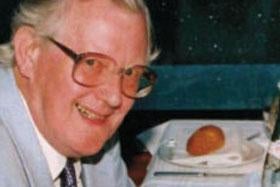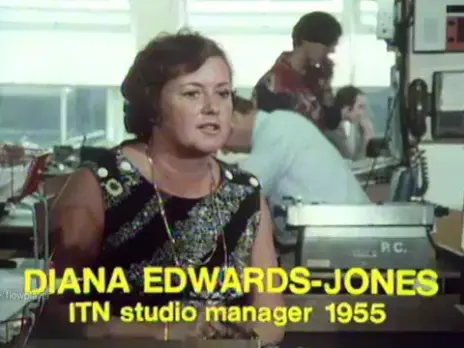
Connor Walsh had two ambitions in his teens: to be a Fleet Street journalist and to come up with the business idea that would make him rich.
He succeeded at the first – and never gave up on the second.
After National Service in the RAF, Connor, who died 5 September, aged 77, worked in his native Leeds variously as a personal assistant to a business tycoon, on a fruit and veg stall, as a tailor’s assistant and a hosiery salesman.
He was sending news stories to the Leeds Guardian, and his cuttings plus an imaginative CV got him a job on the Barnsley Chronicle.
He soon moved on and found himself on the South London Observer. In a panic, because he’d rather exaggerated his experience to get the job, he wrote to his friend Keith Waterhouse, with whom he went to school, for advice.
Waterhouse, who had been in Fleet Street for two months, typed him a long letter telling him all he had learned.
According to Waterhouse, Connor cut his letter up into paragraphs, pasted each on to a sheet of copy paper and sent them all off to The Writer magazine as a series on how to be a reporter.
Connor went on to set up a news agency in south London. It thrived but, aged 30 with a wife and two growing children to support, he opted for the security of the chief crime reporter’s berth on the Sunday Pictorial.
Connor wrote terrible things about London’s crime bosses – and the worse he made them sound, the more they loved him. He had discovered his gift for public relations.
He set up a small PR business and, thanks to his crime reporter’s contacts, soon had several clients in Soho.
One was the Windmill Theatre, famed for its nudes. In those days, they had to keep perfectly still on stage and the Windmill put on a series of elaborate setpiece tableaux.
Connor wanted a story to get his client into the papers and one night when he was in the wings a mouse ran across the stage, the girls shrieked, the tableau collapsed and the story made every paper in the land.
Connor next joined the Daily Sketch and became the star feature writer.
America’s Playboy magazine, launched in the Fifties, was selling well over here, giving Connor the idea for a British rival combining fine writing with tasteful glamour shots.
He called it King and persuaded another Soho PR client to fund it. But after the first issue his backer decided the pictures were too tame and withdrew his money.
Connor begged and borrowed to keep the magazine going. With top name writers including Peter Cook, Bryan Forbes, Bob Monkhouse, John Sandilands, Bill Sinclair and Keith Waterhouse it was gaining a respectable circulation – until the launch of Mayfair magazine, with much raunchier pictures.
And so after nine monthly issues Connor closed King and sold the title to Mayfair.
He moved on, joining The Sun, and next Associated Newspapers’ paid-for Weekend magazine. Former colleagues there remember him with affection for the expensive cakes he handed round when he was late back from lunch after negotiating another business deal.
One of his more successful wheezes was writing ‘alternative’travel brochures for a small holiday company with warts-and-all descriptions – such as ‘100 yards from beach and 200 yards from main runway. Perfect for sun-loving planespotters”.
One of his biggest turkeys was a hangover cure. It was pure fructose, nicely packaged and set to be sold in vending machines in pubs when a Sunday paper ran a piece saying it was nothing but sugar. That was close enough to the truth to leave Connor with a spare bedroom packed to the ceiling with industrial quantities of unsaleable fructose.
Seeking an alternative use for his vending machines, Connor hit on paper knickers. But they never took off
His final Fleet Street home was the Daily Mirror. There he had the then original idea for the paper’s first TV section and ran it for several years.
In retirement, Connor moved to the South coast with his second wife Marion.
Former friends and colleagues will remember him as a gentleman and a generous man, benign, softly spoken, well-rounded in every sense and wielding a cigarette holder. We will always be glad that we were able to call him a friend.
Email pged@pressgazette.co.uk to point out mistakes, provide story tips or send in a letter for publication on our "Letters Page" blog







